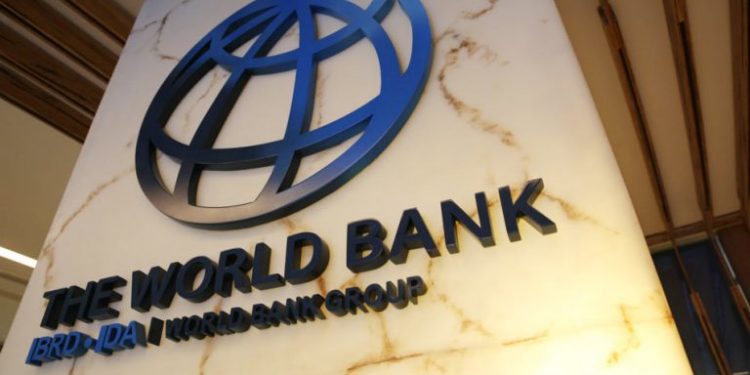World bank has projected Africa’s economic growth to drop to 3.4 per cent in 2022 down 0.6 percentage points from the 4.1 per cent growth recorded in 2021, due to new macroeconomic shocks.
The latest Africa Pulse report, a biannual analysis of Africa’s macroeconomic outlook by the World Bank, attributed the decline to inflation and higher costs of living.
According to the report, the decrease is from economic shocks including effects of new Covid-19 variants, inflation, supply disruptions, rising public debt, climate shocks and a general slowdown in the global economy, especially in the US and China.
“The slowdown in growth reflects challenges facing Africa prior to the Ukraine crisis but has been exacerbated by the war. The report suggests that the impacts of the Russia-Ukraine war on African economies should be negligible, because of limited trade exposure.” Albert Zeufack, the World Bank’s chief economist for Africa.
However, the world bank said resource-rich countries, especially their extractive sectors, will see improved economic performance due to the war in Ukraine, while non-resource rich countries will experience a deceleration in economic activity.
Following the dim projections, the international lender said it is unlikely that Africa will reduce poverty or achieve inclusive growth anytime soon, as mounting inflation will aggravate the situation.
“As African countries face continued uncertainty, supply disruptions and soaring food and fertiliser prices, trade policy can potentially play a key role by ensuring the free flow of food across borders. Amid limited fiscal space, policymakers must look to innovative solutions such as reducing or waving import duties on staple foods temporarily to provide relief to their citizens.” Albert Zeufack.
Read also; World Bank Approves $300 Million Grant for Ethiopia.




